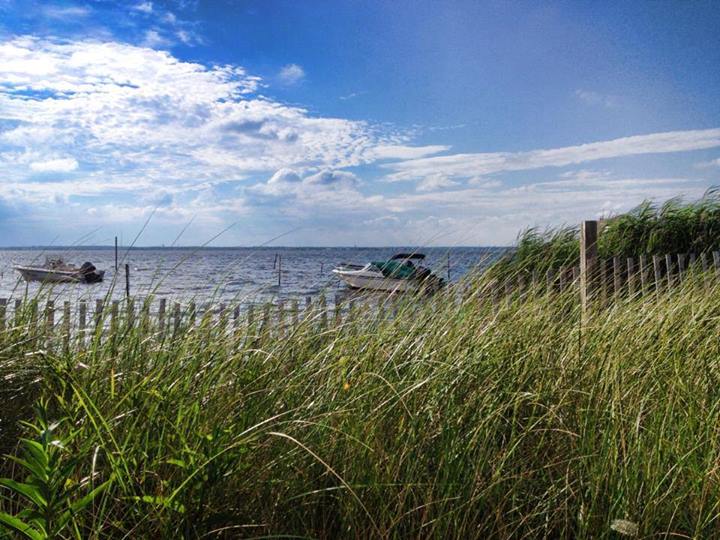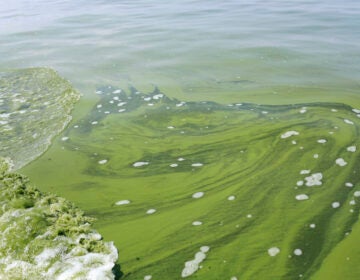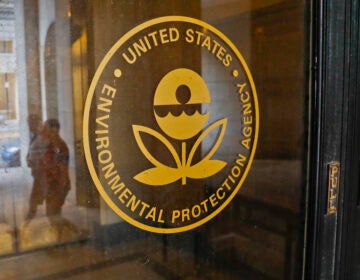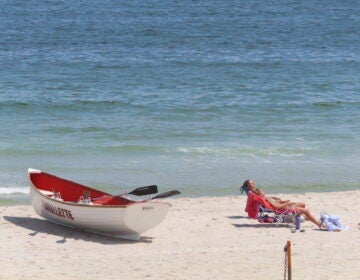Study: New infrastructure needed as pollution continues to plague N.J. beaches
The "Safe for Swimming" report found that in 2019, bacteria levels at New Jersey beaches made swimming potentially unsafe on at least one day 73 times.

Along the Barnegat Bay in South Seaside Park. (Justin Auciello/JSHN)
New Jersey’s bay and river beaches are most likely to be impacted by bacteria pollution and should be better protected, a comprehensive report issued Thursday found.
The “Safe for Swimming” report issued by Environment New Jersey Research & Policy Center found that in 2019, bacteria levels at New Jersey beaches made swimming potentially unsafe on at least one day 73 times.
The New Jersey Department of Environmental Protection conducts weekly bacteria tests at 222 beaches. Some river and bay beaches in Ocean County were the most severely impacted in 2019, according to the report.
Beachwood Beach West, which sits along Toms River, had potentially unsafe water nine of the 18 times (50%) it was tested.
Barnegat Light Bay Beach saw 43% of testing days with potentially unsafe water. Brick’s Windward Beach along the Metedeconk River had 38%, while Harvey Cedars’ 75th Street beach along Barnegat Bay had 25%.
Other beaches potentially unsafe for swimming at least twice in 2019 included beaches in Sea Girt, Wildwood, Surf City, Belmar, Long Branch, Somers Point, Seaside Park, Upper Township, Highlands Borough, Neptune, North Wildwood, Sea Bright, Sea Isle City, Wildwood Crest and Cape May, according to the report.
The report cited polluted runoff from impervious surfaces, overflowing or failing sewer systems, and farms as common sources of contamination in coastal waterways.
In a prepared statement, Doug O’Malley, director of Environment New Jersey Research & Policy Center, said major infrastructure investments to prevent sewage overflows and run-off pollution are necessary.
“The Shore is packed this summer and our natural areas have never been more crowded. In the summer of COVID, let’s commit to practicing social distancing, beating the virus and cleaning up our waters. Now is the time to provide funding to ensure that our waters are always safe for swimming by reducing run-off and sewage pollution,” O’Malley said.
The U.S. House of Representatives is set to vote on a spending package Friday that proposes $11 billion in emergency water infrastructure funding.
A New Jersey Department of Environmental Protection spokesperson did not immediately respond to a request for comment about whether the state plans any infrastructure improvements at problematic beaches.

Get daily updates from WHYY News!
WHYY is your source for fact-based, in-depth journalism and information. As a nonprofit organization, we rely on financial support from readers like you. Please give today.





